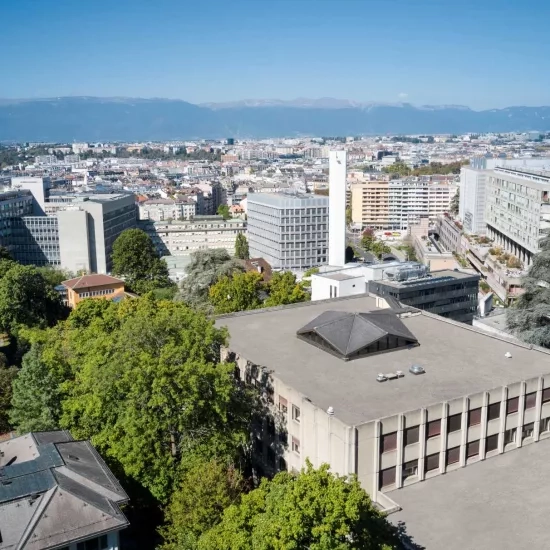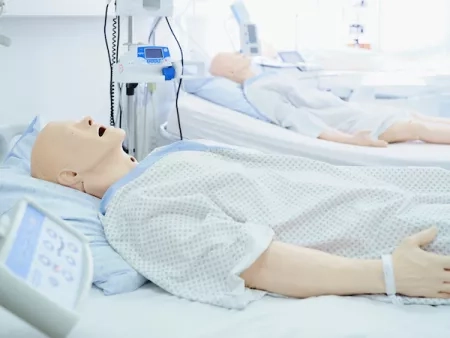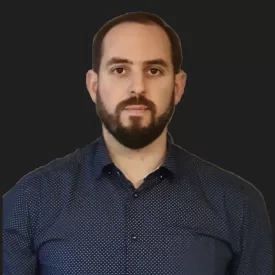The MCS training year provides, over 32 weeks, fundamental knowledge in the field of health, as well as work experience, both in general and specifically within the socio-health sector.
At the end of this training year, MCS students receive a certificate of completion.
With these two qualifications, candidates have the opportunity to enrol in one of the seven Bachelor’s degree programmes in the field of health: Occupational Therapy, Nutrition and Dietetics, Osteopathy, Physiotherapy, Midwifery, Nursing, and Medical Radiology Technology.








